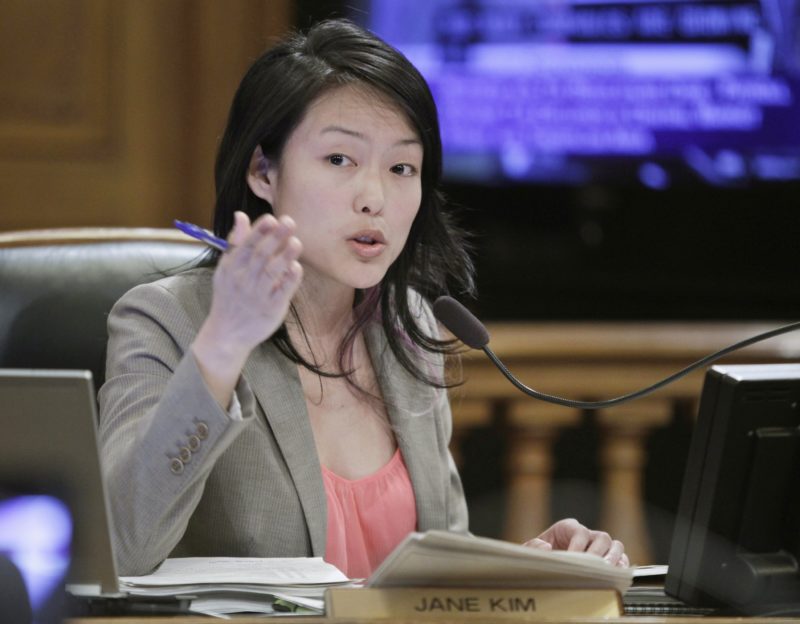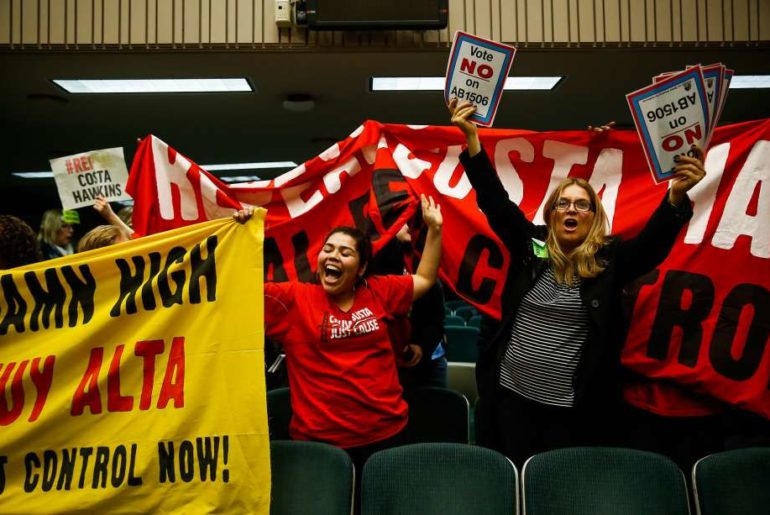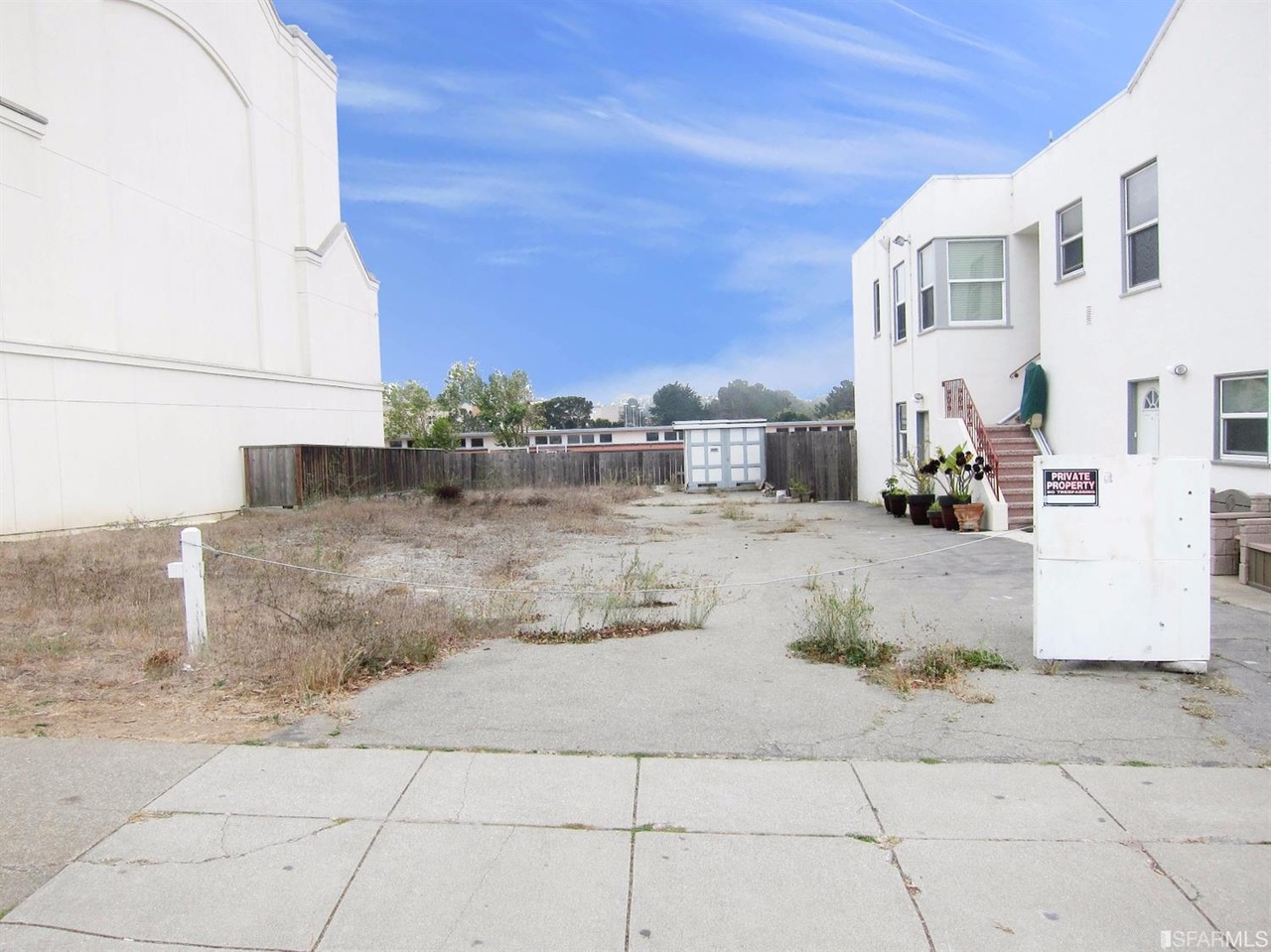Keep your recycling bin close by, as Proposition 10 season is upon us with pounds of fliers and pamphlets sure to litter your mailbox and front door between now and election day.
Bornstein Law has strongly opposed the measure and we are encouraged that a growing number of cooler heads are prevailing in the debate against the repeal of Costa Hawkins. Aside from landlord groups and other predictable foes against Proposition 10, sensible progressives such as the California NAACP leader and other odd bedfellows have staked their case against expanded rent control because they correctly point out that it will only aggravate the housing deficit.
A growing chorus of editorial boards has joined the opposition to Proposition 10, including our own San Francisco Chronicle in their indictment of the ill-advised proposal.
“… More rent control — and more local government control — will probably further suppress the supply of housing and deepen the crisis for the state. More housing is the way out of the housing shortage. Proposition 10 is not.”
The passage of Proposition 10 is more than a whispering possibility
We’d like to think that the glass is half full and that the many cogent arguments against Proposition 10, coupled with the millions of dollars infused into the machinery to defeat it will prevail. Yet the lawyers in us tell us that we must prepare for the worst. While we can’t predict the future, we can do the next best thing by advising rental property owners on courses of action they can contemplate in the eventuality that voters pass the biggest tenants’ rights bill in decades. First, a little backdrop.
We noted in an earlier article that after nearly a quarter of a century of trying to repeal Costa-Hawkins to no avail, pro-tenant groups may actually succeed in a new cosmosphere. With cities becoming magnets for high-paying jobs and a corresponding rise in rents and quarrels over gentrification, coupled with a burgeoning homelessness epidemic, the political winds have shifted in the favor of militant tenant advocates who pose a more formidable threat to landlords than the failed campaign of yesteryears.
Cities are grappling with the eventuality of Costa Hawkins repeal and none more tortuously than the City by the Bay.
California cities are the arbiters of what happens if Costa Hawkins is repealed
If Proposition 10 is passed, it will not automatically trigger expanded rent control, but it would remove barriers to a city’s desire to impose more stringent rent stabilization policies. In cities that already have ensconced tenant protections, this is shaping up to be a messy exercise in democracy, as municipalities attempt to strike a delicate balancing act between satisfying tenant advocates who are salivating at the prospect of increased rent control and engaged, tax-paying landlords who may exit the rental housing business or let their properties atrophy if they cannot make a buck.
After some soul searching, Berkeley City Council’s answer was to kick the can down the road to November, when proposed amendments to the rent ordinance will be decided by the voters. As the proverbial capital of tenant’s rights, San Francisco’s debate on how to modify their rent ordinance is more cantankerous.
Under Costa Hawkins, San Francisco cannot move its rent-control date forward from 1979. With tens of thousands of units built since then, the passage of Proposition 10 would have consequences of epic proportions. It is far from resolved, but Supervisor Jane Kim offers a premonition.
“My guess is that this Board would pass legislation that’s balanced… The fear that we’d go crazy and establish these laws saying tenants could stay in their units no matter what they do … This Board wouldn’t do that.”
At Bornstein Law, we don’t want to get mired into the wranglings of City Council – inquisitive minds can get that here – but suffice it to say that there is no reason to believe that if Proposition 10 is passed, it will not lead to expanded rent control in San Francisco and expose owners now exempt from the rent ordinance to a new set of rules that were previously foreign to them. This begs the question of what San Francisco investment property owners should do in anticipation of Costa Hawkins repeal, or for that matter, landlords throughout California.
With Costa Hawkins repeal efforts gaining traction, owners currently exempted from rent control should take a hard look at their options
Owners of single family homes, condos, and newly constructed rental properties should have a “heart to heart” discussion about whether current rents are sustainable and if not, consider raising rents to future-proof their rental business before expanded rent control is ushered in.
With the possibility of vacancy decontrol – a rule which would bar a landlord from raising the rent on a unit once a tenant moves out – forward-thinking landlords may also consider terminating the tenancy, a difficult subject but one worth having. Of course, raising rents and transitioning tenants out of rental units are not trivial matters and are best journeyed with a real estate attorney who specializes in the nuances of landlord-tenant law.
There are some rental property owners who prefer to ride out the storm and not upset the applecart, whatever metaphor you like, perhaps wanting to avoid conflict. In this LA Times article, the author suggests a novel exemption to Proposition 10 by making landlords live alongside their tenants, because “no one is evil enough to live among people, look them in the eye, and raise their rent by $500 a month.
No matter how you are leaning, it requires careful deliberation best journeyed with the landlord attorneys at Bornstein Law – for informed advice, get in touch.







